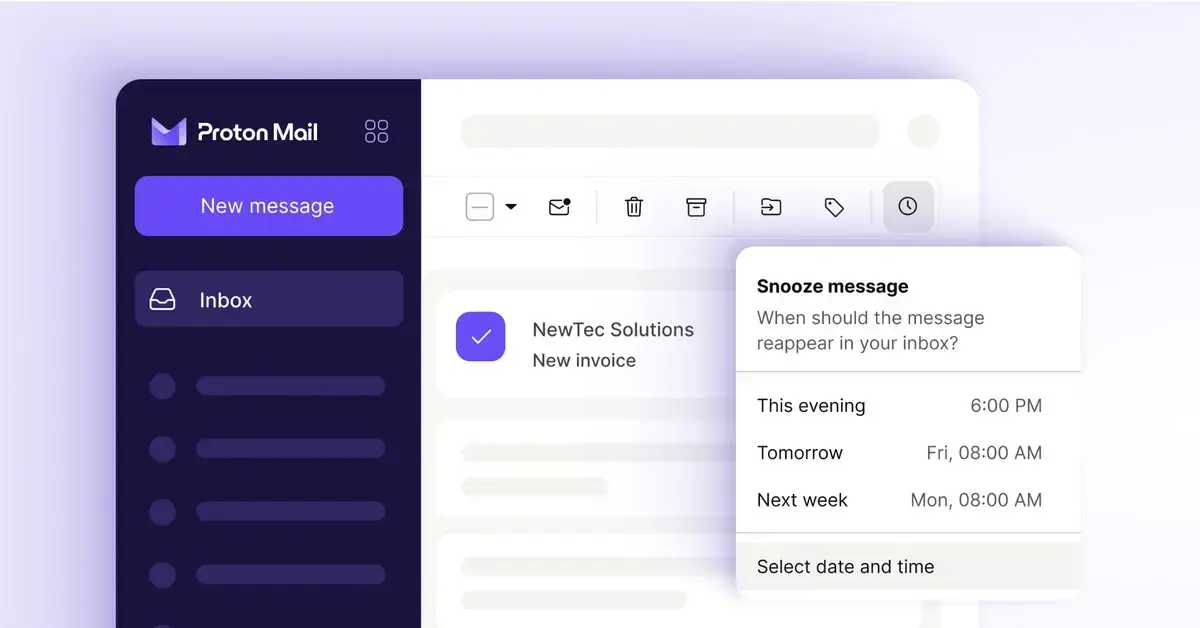Proton Mail finally gets a desktop app for encrypted email and calendar
Proton Mail finally gets a desktop app for encrypted email and calendar

www.theverge.com
Proton Mail finally gets a desktop app for encrypted email and calendar

Proton Mail finally gets a desktop app for encrypted email and calendar

Proton Mail finally gets a desktop app for encrypted email and calendar
